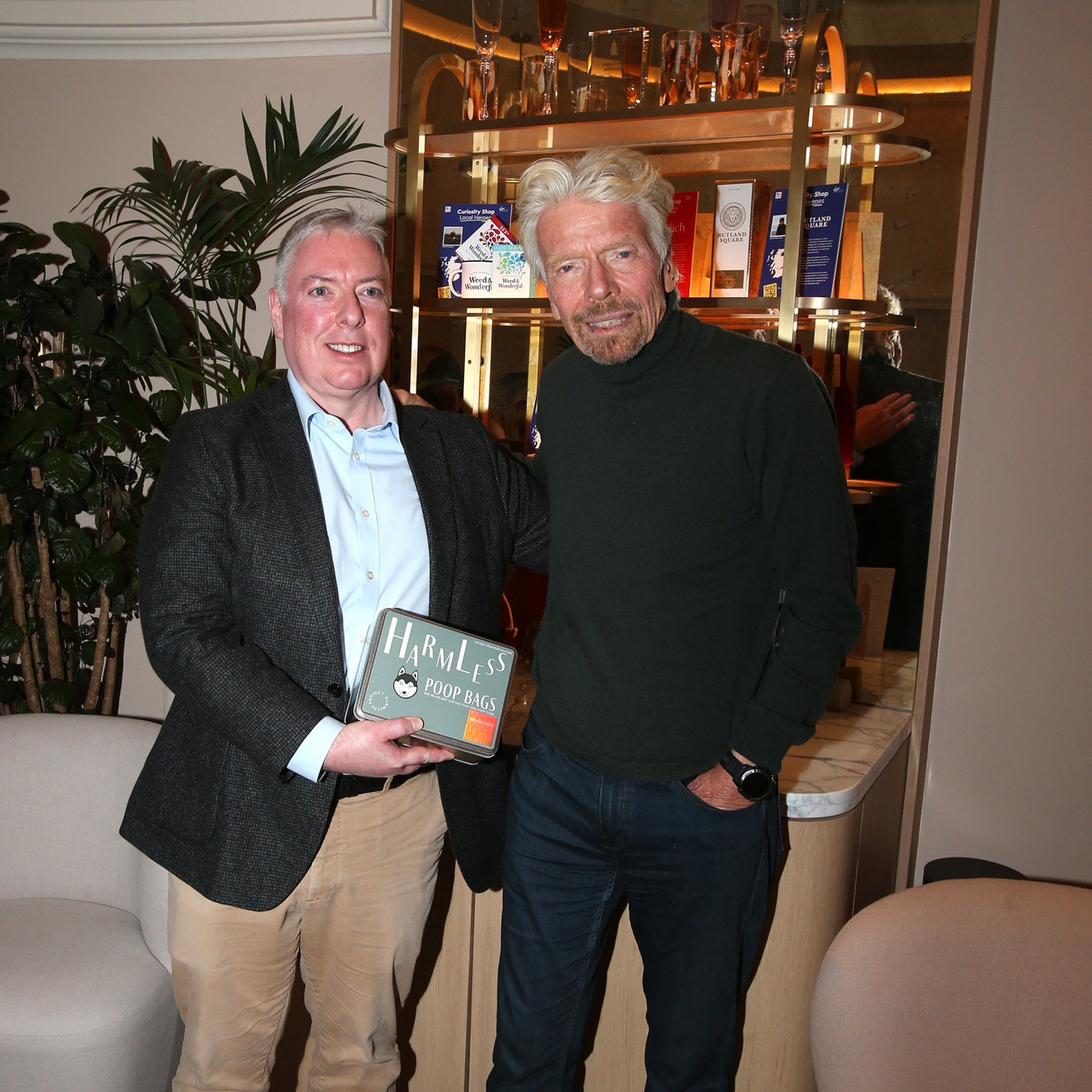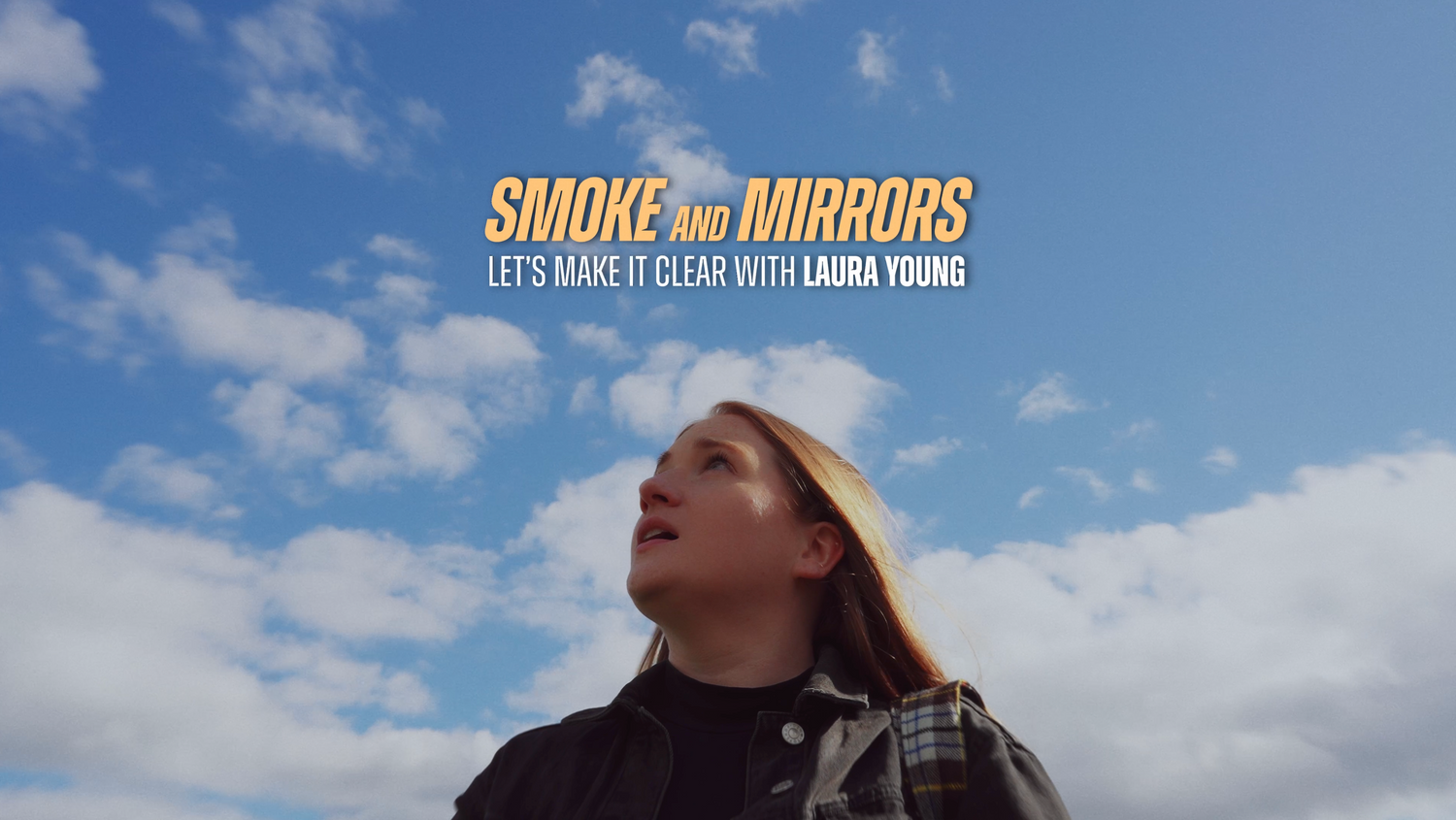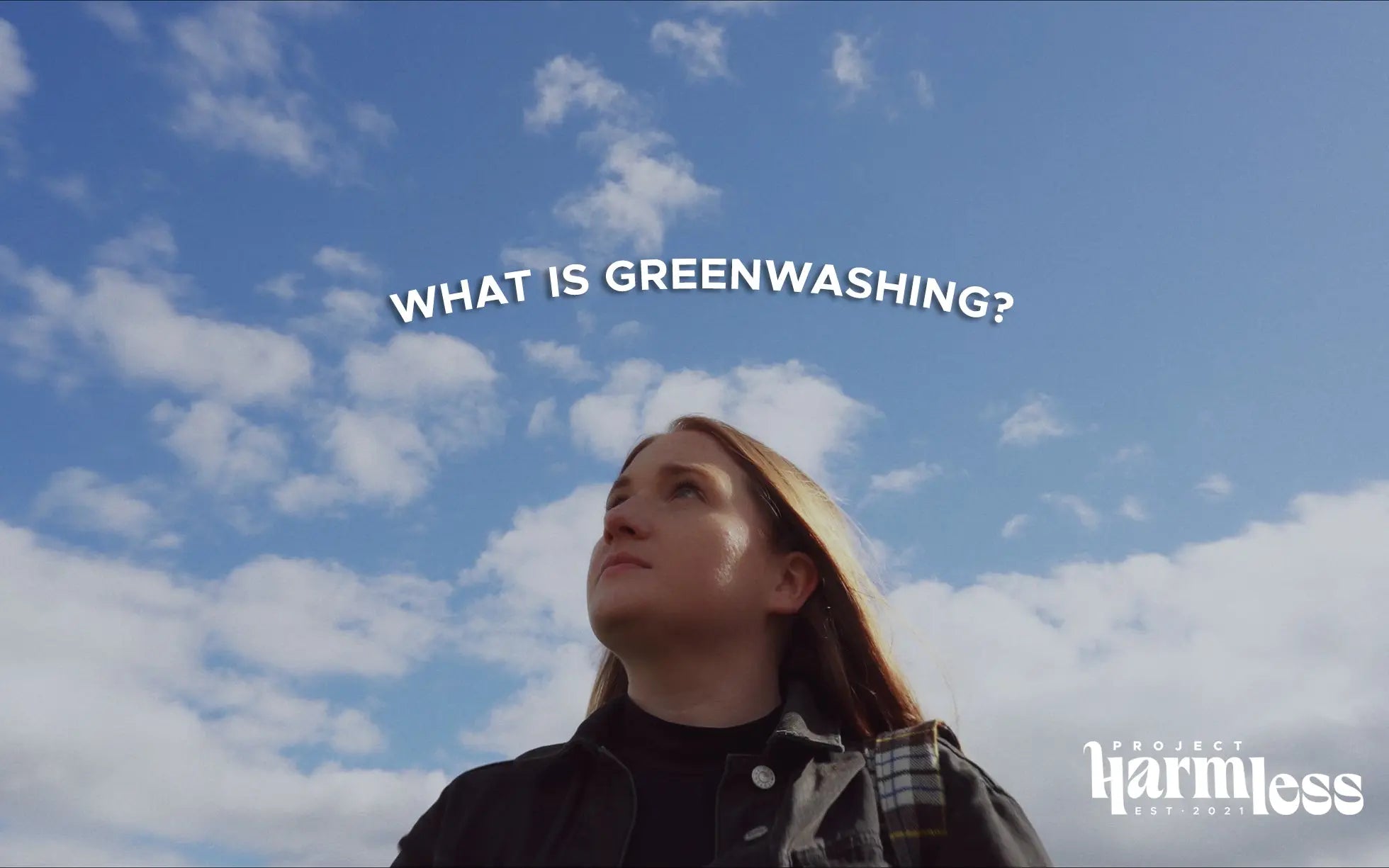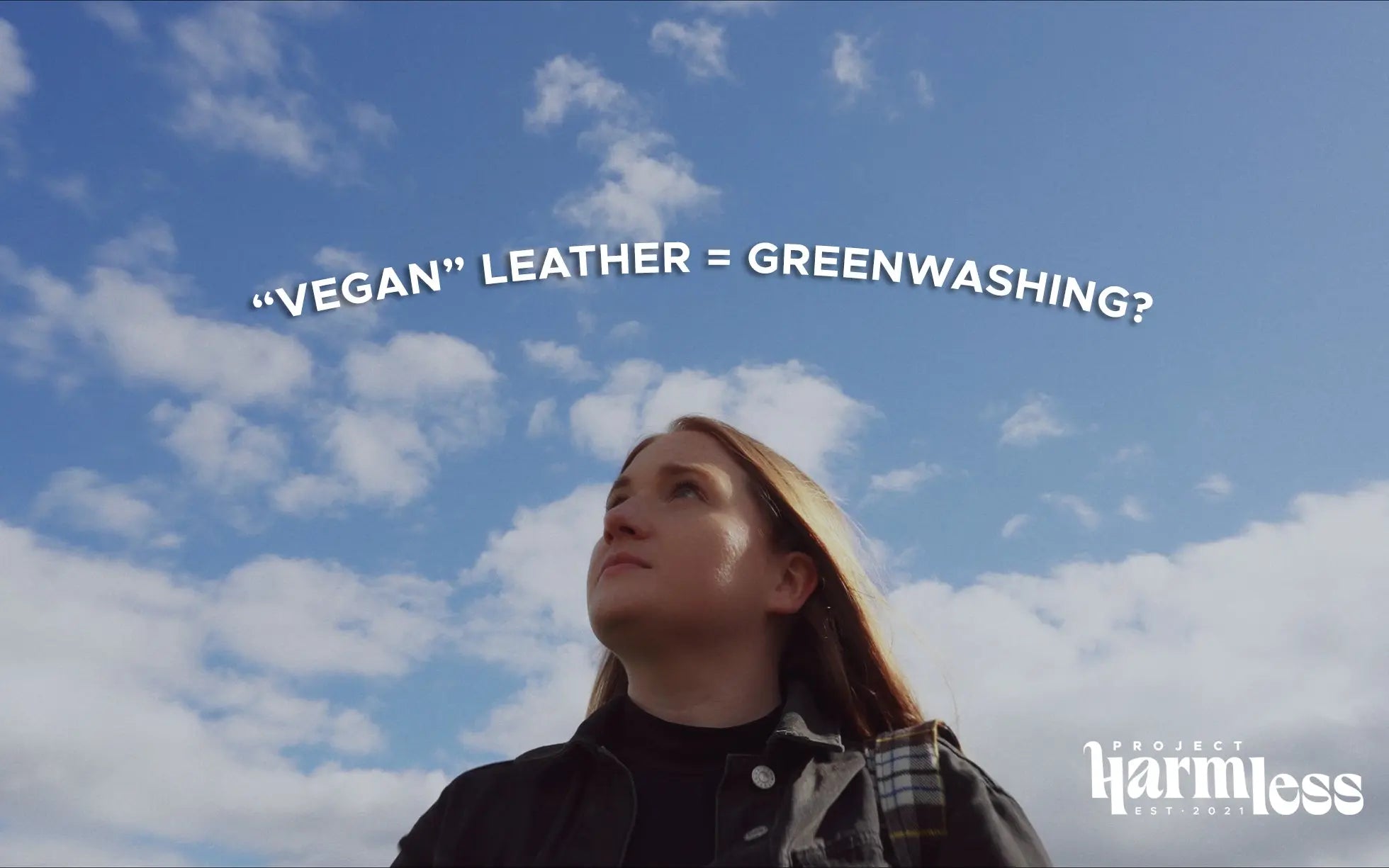Are Compostable and Biodegradable Claims Just Greenwashing?
As more consumers demand sustainability, many companies are responding with products that claim to be eco-friendly. But are these claims always true, or are we being misled? In Episode 4 of Smoke and Mirrors: Let’s Make it Clear with Laura Young, we dive deeper into the world of compostable and biodegradable products, exposing how these terms are often used to greenwash consumers.
What Is Greenwashing?
Greenwashing is a marketing tactic used by companies to make their products, services, or practices appear more environmentally friendly than they actually are. It’s a way for brands to capitalise on the growing demand for sustainability without making substantial changes to reduce their environmental impact.
This misleading practice can take many forms, from vague product labels—such as “eco-friendly” or “all-natural”—to claims that are technically true but omit crucial details. Terms like compostable and biodegradable often fall into this category, giving the false impression that products are more environmentally friendly than they really are.
The Biodegradable Myth
Biodegradable is another label that sounds good on the surface but often hides harmful consequences. While “biodegradable” implies that a product will break down naturally, it doesn’t specify how long it will take or what it breaks down into.
Many biodegradable products, particularly plastics, break down into microplastics, tiny particles that persist in the environment and pose a significant threat to wildlife and ecosystems. These products may never fully disappear, despite their biodegradable label, leading to further pollution. Much like “compostable,” the term “biodegradable” can be misleading and is frequently used as a greenwashing tool.
The Compostable Conundrum
When we see the word “compostable,” we tend to assume that a product will naturally break down and leave no trace behind. However, as Laura Young explains, most compostable products require industrial composting facilities—not the home compost bin you might have in your backyard.
Many so-called compostable products, such as packaging and plastics, only break down under specific conditions, including high heat and controlled environments that are often inaccessible to the average consumer or unavailable in certain counties. When these products end up in landfills or home compost bins, they may not decompose as expected, contributing to the growing waste problem. This is a prime example of greenwashing—using an eco-friendly buzzword without delivering real environmental benefits.
Why Is This a Problem?
Greenwashing is problematic because it misleads consumers who are trying to make sustainable choices. By focusing on appearing environmentally friendly, companies avoid making substantial changes to their production processes. Consumers may unknowingly support unsustainable practices, slowing down progress towards real change.
Additionally, when companies use terms like compostable and biodegradable without proper context, it creates confusion and erodes trust. Genuinely sustainable brands may struggle to stand out, as consumers become skeptical of all environmental claims.
While the terms “compostable” and “biodegradable” sound like easy eco-friendly solutions, they’re often used to greenwash consumers into feeling good about their purchases. To make real progress in sustainability, it’s essential to dig deeper into these claims and demand better transparency from brands. By doing so, we can make more informed decisions that truly benefit the planet.











Leave a comment
This site is protected by hCaptcha and the hCaptcha Privacy Policy and Terms of Service apply.